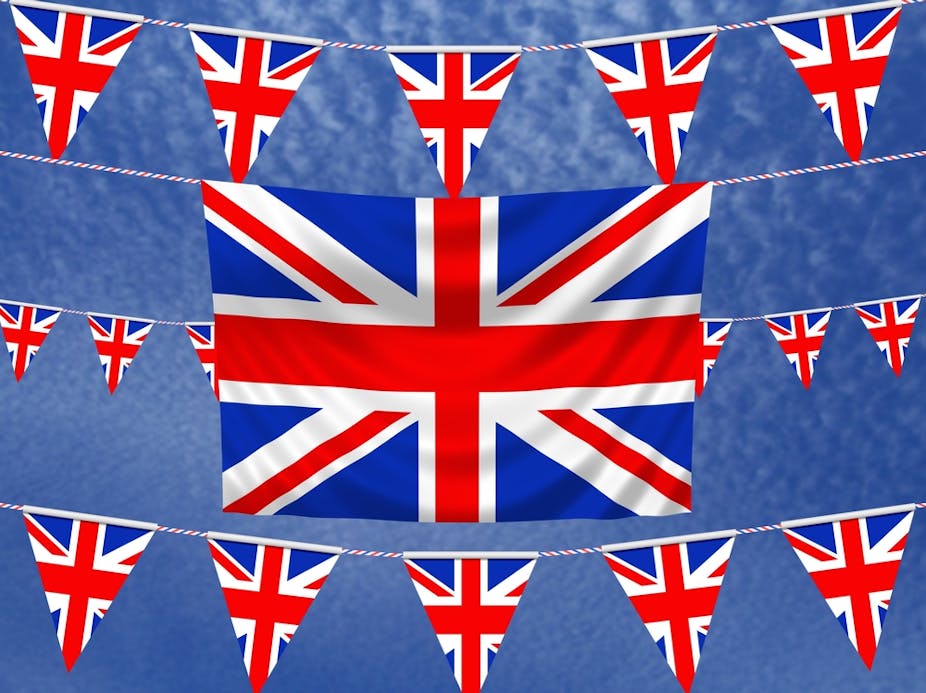A much-anticipated review into “integration and opportunity” in some of Britain’s “most isolated communities” by Dame Louise Casey has finally been published.
On immigration, Casey’s verdict was: “too much for some communities”, without public consent or political leadership. On integration: “worrying” segregation is occurring, some people have little meaningful interaction with others outside their community and patriarchal and misogynistic behaviours are taking place “in the name of cultural or religious values”.
Having already led reviews into troubled families and child sexual exploitation, Casey had built up a reputation as the go-to no-nonsense call-a-spade-a-spade tsar. And she is robust in her critique of the road to integration thus far, embracing the classic critique of the failure of multiculturalism as too much “‘saris, samosas and steel drums’ for the already well-intentioned”.
The solution: a spirit of compassion and unity through a focus on “our common British values of tolerance, democracy, equality and respect”. Casey’s overall recommendation is for the government to forge “a bold new integration strategy”, which she proposes could include an “oath of integration with British values and society” and its values by all new migrants on arrival in the country.
Another step in the process
At present, migrants must demonstrate their knowledge of British history and culture through a “Life in the UK” test – also known as a citizenship test – to secure the right to remain in the country. But it is currently only if they want to go through the naturalisation process to obtain a British passport and citizenship that they are required to take an oath of allegiance and a pledge to “respect the rights, freedoms and laws of the UK”.

If such an oath was required on arrival to the UK, it’s not likely it would cause very many migrants to reconsider making the journey from their corner of the world to ours. But then, this is hardly a proposal aimed at restricting the numbers of newcomers, but rather a symbolic contract between migrant and state on the British way of life. The politicians looking at Casey’s proposals should beware: symbolism can risk becoming an empty gesture if in practice it becomes a bureaucratic hurdle, a box-ticking exercise.
While motivations for coming to the UK are diverse, most people who come to Britain do so to better their lots in life, for themselves and their families. It seems unlikely that an oath and pledge of allegiance will be seen as anything other than another step in the process of getting to the country.
Symbolism has to be meaningful
It is useful to remember that the pioneer Muslim migrants from the subcontinent at the centre of this report were once viewed as model migrants because they were self-sufficient and made few public demands – instead, relying on family and kinship ties to build “institutionally complete” communities. Now the descendants of these migrants are viewed with suspicion for living parallel lives and not being willing to integrate.
Issues of integration are not simply about cultural difference, lifestyles and values, but also about the opportunities and challenges of living in a post-industrial economy where many working-class people of all ethinicities feel left behind. When resources are limited and services cut, when desires for a life better than one’s parents are dashed, then people who are “different” are an easy scapegoat. In this situation it is difficult to see how an oath taken by migrants at the point of entry would be of help to subsequent generations.
That the oath would only be required for migrants is based on the assumption that existing citizens of the UK, born or naturalised, are fully paid-up adherents to the concept of “British values”.
In her report, Casey rightfully highlights the intolerance bred by misogynist males who restrict the rights of women as well as the perpetrators of the rising numbers of identity-based hate crimes. It’s questionable whether they subscribe to tolerance, democracy, equality and respect – and whether they would also benefit from an oath of allegiance to British values.
Symbolism is important in our shared collective narrative about who were are and what we want to be. But it has to be meaningful symbolism – shared by everyone. Otherwise, it’s a slippery slope towards “saris, steel bands and samosas”. A road well travelled by the well intentioned, but called out by Casey for being a dead end.

